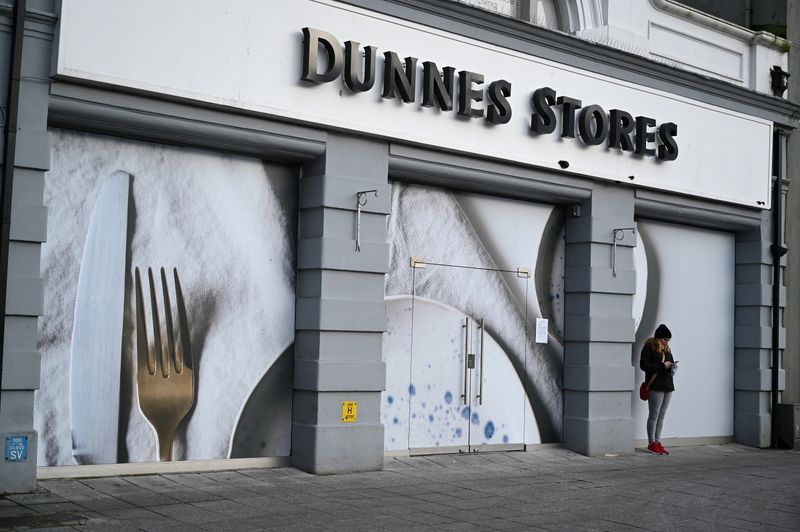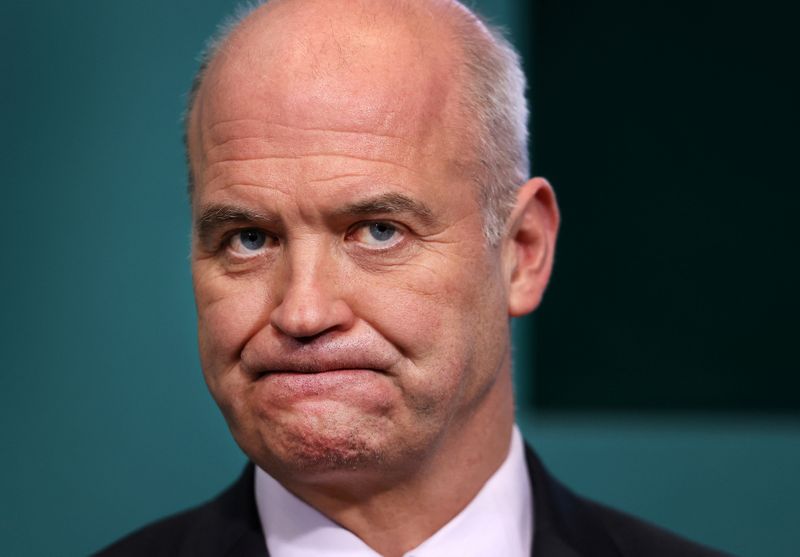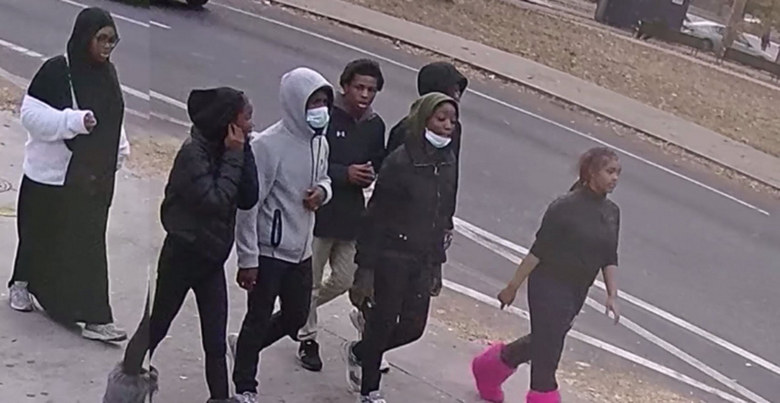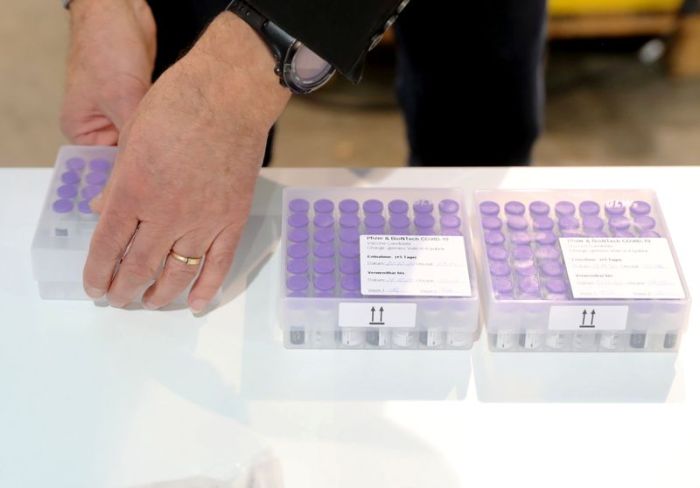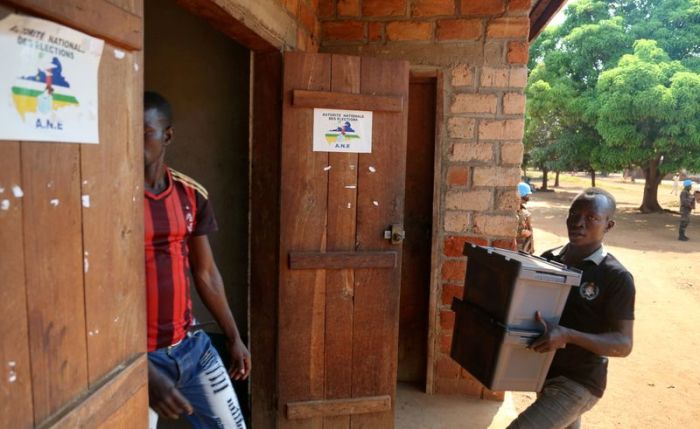DUBLIN (Reuters) – Irish health chiefs believe a new variant of COVID-19 found in neighbouring Britain is present in Ireland, but not solely responsible for a rapid spread of the disease that will require restrictions beyond those announced just 24 hours ago.
The presence since at least the second week of December of the more infectious variant is based on preliminary data from a selection of samples from last weekend, the National Public Health Emergency Team (NPHET) said in a statement.
The variant was also identified north of the open border in British-run Northern Ireland on Wednesday.
Some 30,000 people have traveled to the Republic of Ireland from Britain in the last two weeks, mainly to see family for the Christmas holidays. Many have also travelled home to Northern Ireland.
The number of people in Ireland infected by someone who has COVID-19 – the so-called reproduction number – has risen to 1.5 to 1.8, the highest level since March. NPHET also made new unspecified recommendations to government, a day after ministers significantly tightened COVID-19 restrictions.
“Every indicator of the disease is rising and rising rapidly. Our level of concern continues to escalate,” Ireland’s Chief Medical Officer Tony Holohan said in a statement.
Holohan declined to comment at a news conference on the new recommendations. Ireland will close restaurants, pubs and some retailers from Thursday in a third shutdown that ministers say could last until early March.
The Irish Independent reported that NPHET called for all retailers to be shut from Dec. 26. Unlike the most recent curbs, gyms and shops such as department stores can currently stay open. Some household mixing is also permitted until Jan. 1.
A government spokesman said it does not comment on NPHET recommendations before they are discussed at cabinet.
The health authority reported 938 new cases on Wednesday. The head of its COVID-19 modeling group, Philip Nolan, said daily cases would average 1,000 well into the new year, even if the reproduction number can be cut sharply to close to 1.
However he said the restrictions announced on Tuesday would not be sufficient to achieve that and if the R number only falls to 1.2, Ireland will reach 2,000 cases a day by February.
“Given the nature of the measures and our experience to date, it’s hard to see how that array of measures would bring reproduction back down below 1,” he said.
(Reporting by Padraic Halpin; Editing by Jane Merriman and Alistair Bell)

